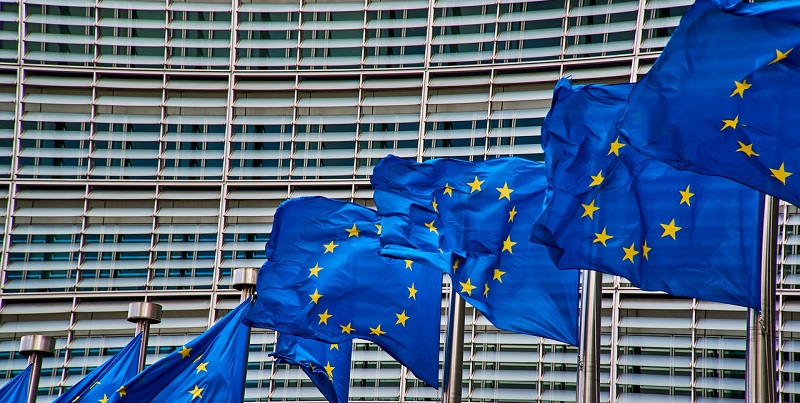The European Commission, along with over half of the Member States and 128 partners, has dedicated €220 million to establish four Testing and Experimental Facilities (TEFs) across Europe. The aim of these facilities is to ensure that the advent of AI aligns with European values and benefits all 450 million EU citizens.
Purpose of TEFs
The TEFs will serve as filters and safeguards between technology providers and society. They are designed to ensure that AI development in Europe remains trustworthy, ethical, and in line with societal needs. From the laboratory stage to the market, the TEFs aim to maintain AI excellence while respecting the values and well-being of individuals and communities.
Transformation of Complex Technology
One of the main objectives of the TEFs is to transform complex AI technology into socially and human-friendly products. By softening the sharp edges of advanced technology, the TEFs aim to enhance societal readiness and acceptance of AI applications. This transformation process ensures that AI products are not only cutting-edge but also considerate of human values and social concerns.
Overview of the four TEFs
1. Manufacturing TEF: The AI-Matters TEF focuses on strengthening the European manufacturing sector by deploying the latest AI developments, robotics, and intelligent autonomous systems. The goal is to increase the resilience and flexibility of manufacturing through innovative applications that enable flexible production methods.
2. Health TEF: The TEF-Health is dedicated to the healthcare sector, encompassing various applications such as machine learning in medical imaging, complex brain simulations, and robots for intervention and rehabilitation. By leveraging AI advancements, this TEF aims to enhance medical diagnostics, treatments, and patient care.
3. Agrifood TEF: The Agrifood TEF focuses on the agricultural sector and food production. It provides testing grounds for innovations ranging from robotic tractors to using artificial intelligence to optimize crop production. By harnessing the power of AI and robotics, this TEF aims to revolutionize the way we cultivate and produce food, ensuring sustainable and efficient practices.
4. CitCom.ai TEF: The CitCom.ai TEF has a unique focus on power, mobility, and connectivity. Its objective is to test AI and robotics before their integration into areas where humans live and move. By ensuring the safety and reliability of AI technology, this TEF safeguards societal well-being while promoting advancements in power, transportation, and urban infrastructure.
Balancing Technological Advancement and Societal Goals
The TEFs play a crucial role in striking a balance between technological advancement and societal goals. They ensure that the EU adopts the best technological solutions while prioritizing societal values. By fostering the development of competitive products, the TEFs facilitate technological progress without sacrificing the interests and well-being of European citizens.
Collaboration with regulators and policymakers
Regulators will make use of the testing and experimentation conducted at the TEFs, gaining valuable insights into the capabilities and potential risks associated with AI applications. Policymakers have the opportunity to observe the TEFs’ operations, enabling them to make informed decisions regarding the safe and proper use of AI technology. This collaboration between the TEFs, regulators, and policymakers strengthens the governance and accountability of AI development.
The establishment of the Testing and Experimental Facilities (TEFs), funded by the European Commission, Member States, and various partners, marks a significant step towards ensuring ethical AI development in Europe. These facilities act as filters and safeguards, transforming complex technology into socially and human-ready products. The four TEFs, focused on manufacturing, healthcare, agriculture, and urban living, bring AI excellence closer to EU citizens and promote societal goals. Through collaboration with regulators and policymakers, the TEFs facilitate more informed decision-making and responsible implementation of AI technology. The TEFs ensure that Europe remains at the forefront of AI innovation while upholding ethical and societal principles.

